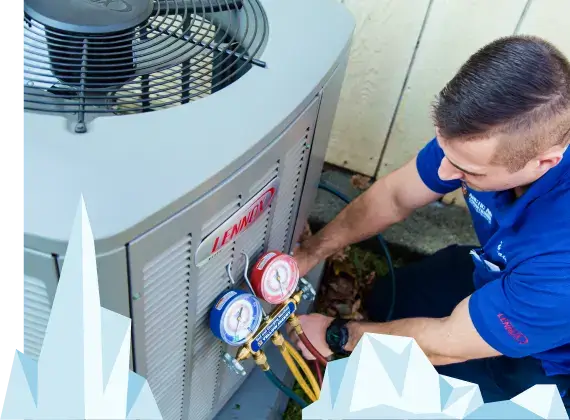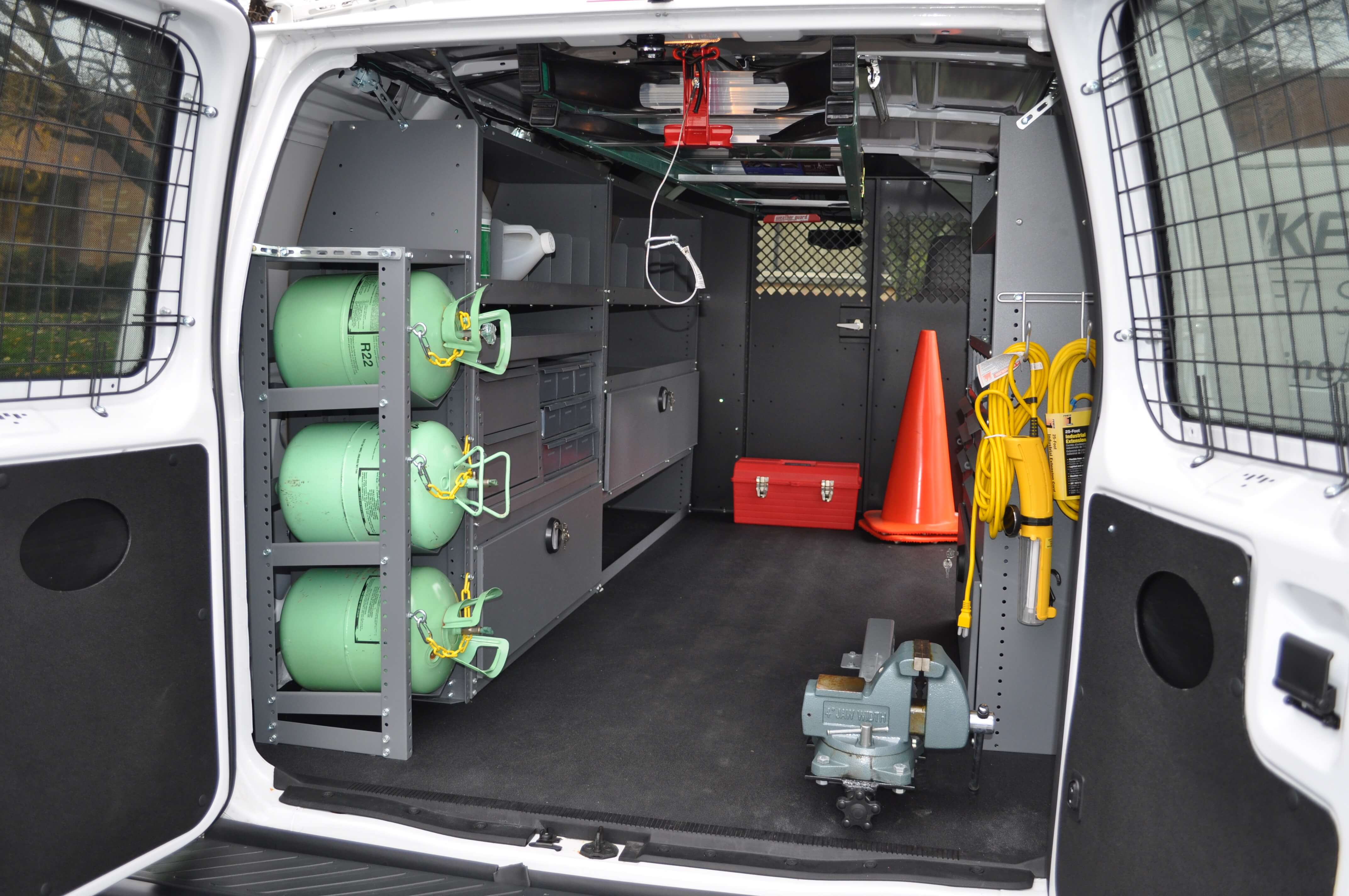Energy-Efficient A/c Solutions to Reduce Utility Expenses
As power expenses continue to increase, the significance of energy-efficient A/c systems becomes progressively apparent. These systems not just guarantee substantial cost savings on utility costs but likewise contribute to an extra lasting future by decreasing power consumption.
Benefits of Energy-Efficient Heating And Cooling Equipments
Energy-efficient HVAC systems use many benefits that prolong beyond mere cost financial savings. By eating much less energy, these systems contribute to reduce greenhouse gas emissions, helping to battle climate change and advertise sustainability.
Furthermore, energy-efficient HVAC systems commonly offer enhanced convenience levels. A number of these systems feature sophisticated technology that enables far better temperature control and enhanced air quality (DMAKS HVAC). This results in a much healthier interior setting, which is particularly crucial for individuals with allergies or breathing concerns
Additionally, spending in energy-efficient HVAC systems can enhance residential property worth. As more consumers prioritize power performance, homes and structures outfitted with these systems might draw in higher bids in the property market.
Kinds Of Energy-Efficient A/c Options
Just how can property owners and organizations pick the most suitable energy-efficient cooling and heating choices for their requirements? The marketplace uses a variety of energy-efficient heating and cooling systems, each designed to boost convenience while lessening power intake.
One option is the variable cooling agent circulation (VRF) system, which efficiently regulates the temperature in numerous zones within a structure. This system adapts its refrigerant circulation to match the preferred temperature, leading to substantial energy financial savings.
One more popular selection is geothermal heat pumps, which use the earth's steady temperature to warmth and awesome rooms. By transferring warmth to and from the ground, these systems demonstrate impressive efficiency, especially in modest climates.
In addition, ductless mini-split systems offer an energy-efficient option for homes lacking ductwork. These systems enable for zone-specific heating & cooling, lowering energy waste in empty areas.
Finally, high-efficiency heaters and ac system, with sophisticated SEER and AFUE ratings, provide dependable climate control while eating less power than conventional designs. By reviewing these options, house owners and companies can choose a HVAC system tailored to their certain needs and power performance objectives.
Key Features to Take Into Consideration

Following, check out the sort of compressor utilized in the system. DMAKS HVAC. Variable-speed compressors can readjust their output to match the heating or cooling need, resulting in boosted convenience and energy savings compared to single-speed versions. Additionally, try to find systems geared up with wise thermostats that offer programmable settings and remote accessibility, enabling much better control over power consumption
An additional crucial attribute is the system's air purification capacity. High-efficiency filters can enhance interior air quality and minimize power usage by making sure the system runs effectively. Additionally, take into consideration the kind of cooling agent utilized; modern systems typically use eco-friendly cooling agents that have a reduced environmental impact.
Finally, ensure that the system works with zoning innovation, which enables for customized temperature control in different areas of your home, boosting comfort while decreasing energy use.
Tips for Selecting the Right System


Next, take into consideration power effectiveness ratings, specifically the Seasonal Power Efficiency Proportion (SEER) for cooling down systems and the Annual Fuel Use Effectiveness (AFUE) for heating systems. Higher ratings show greater performance, which can cause considerable savings on energy bills with time.
Furthermore, assess see post the kind of cooling and heating system that ideal matches your way of life and spending plan. Choices include central air, ductless mini-splits, and heatpump, each with its very own set of benefits and downsides.
Don't forget the relevance of appropriate installment and sizing; an incorrectly sized system can cause inadequacies and increased wear. Finally, speak with a professional heating and cooling specialist to get professional referrals tailored to your home's special demands. This detailed approach will ensure that you choose an energy-efficient cooling and heating system that fulfills your needs and spending plan efficiently.
Maintenance for Optimal Effectiveness
When the ideal a/c system is in area, ongoing upkeep comes to be key to making certain optimum effectiveness and long life. A properly maintained system operates better, resulting in reduced power usage and decreased energy bills. Routine examinations and tune-ups need to be arranged at the very least two times a year-- when before the air conditioning season and as soon as prior to the home heating period.

Property owners must additionally be alert regarding monitoring their heating and cooling system's performance. Uncommon sounds, changing temperature levels, or increased energy expenses can indicate underlying issues that need prompt attention. By dealing with these concerns without delay, home owners can protect against expensive repair check these guys out work and prolong the lifespan of their systems.
Purchasing a maintenance plan with a certified technician not just boosts performance but additionally gives comfort, knowing that the system is running at its finest. DMAKS HVAC. Regular maintenance is for that reason necessary for maintaining energy efficiency and minimizing overall operational costs
Final Thought
Finally, energy-efficient cooling and heating systems offer a practical remedy for reducing energy bills while boosting convenience and air top quality. By including advanced technologies and options such as geothermal heatpump and ductless mini-splits, homeowner can attain significant energy cost savings and add to environmental sustainability. Careful consideration of system features and recurring maintenance better makes sure optimal efficiency, making energy-efficient systems a sensible financial investment for both financial and ecological benefits.